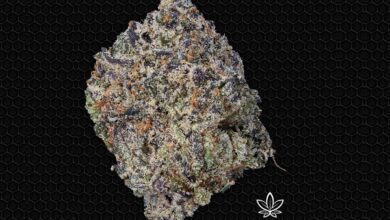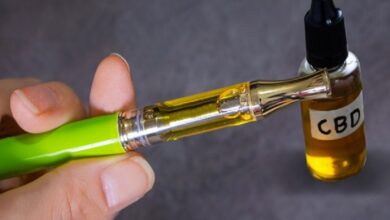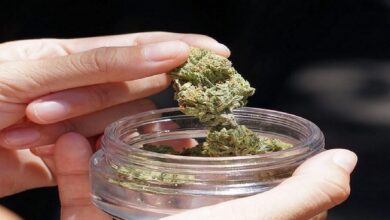Who Benefits from Medical Cannabis Remaining Intact?
While some states are fighting tooth and nail to make sure their medical cannabis programs stay medical, others are making the jump to recreational use. From an economic standpoint, it would seem the entire industry would be in favor of full decriminalization. But that’s not necessarily the case. There are some groups that benefit from the current system. They might not want to see it changed.
The thing about state medical cannabis programs is that they tend to be highly restrictive. The reason is as simple as not wanting to raise the ire of federal authorities. Remember that marijuana is still a Schedule II controlled substance according to federal law. State lawmakers looking to approve medical cannabis know they have to tread lightly.
Cannabis Growers
The fact that it is illegal to transport cannabis products across state lines dictates that state laws require all cannabis products sold within their borders come from growers also located inside their borders. In order to prevent a free-for-all, most states license only a limited number of them. This model creates a tightly controlled market that benefits the few growers licensed to do business.
Decriminalization would likely result in a market flooded with new growers hoping to cash in on recreational use. More growers mean more product. More product means lower prices. Thus, growers are in the driver’s seat as long as federal marijuana laws remain unchanged. They definitely have no interest in full decriminalization.
Medical Cannabis Dispensaries
States that do not allow recreational use make medical cannabis products available through licensed dispensaries. In Utah for example, dispensaries are treated a lot like pharmacies. They are even called medical cannabis pharmacies by state lawmakers. There are only fourteen (with a fifteenth coming very soon) licensed dispensaries in the entire state. More importantly, only half of them have actually opened to this point.
Like growers, dispensaries enjoy an artificially controlled market. Deseret Wellness, a licensed dispensary with locations in Park City in Provo, cannot seem to keep up with demand. Nor can any of the other active dispensaries in the state. But if decriminalization were to take place, dispensaries would suddenly be competing with non-medical sellers.
Medical Cannabis Patients
Though medical cannabis patients do not necessarily benefit from the system financially, they do benefit in other ways. Keeping cannabis confined to medical applications is motivation in restrictive states to further develop cannabis as a prescription drug. Indeed, growers and processors in Utah are evidence of that.
Where there is a heavy concentration on the medical model, processors are motivated to refine their formulas. They are motivated to make more specific products with more specific profiles. They are more inclined to look for ways to individually treat certain conditions.
That all goes away with full decriminalization. Once people can buy, possess, and use marijuana freely, you lose the motivation to develop it as a medical product. Innovation ceases and cannabis becomes no different than alcohol.
The Market Is Bound to Change
Taking a good look at how medical cannabis has progressed over the years makes it clear that the market is bound to continue changing. Twenty years from now, it is going to look a lot different than it does today. Medical cannabis might not even be a thing in the future. We’ll have to wait and see.
In the meantime, there are definitely groups interested in maintaining the medical aspects of cannabis. They are in no rush to see decriminalization at the federal level. But perhaps it’s only a matter of time before decriminalization happens anyway. If that’s the case, these groups stand to lose to one degree or another.


